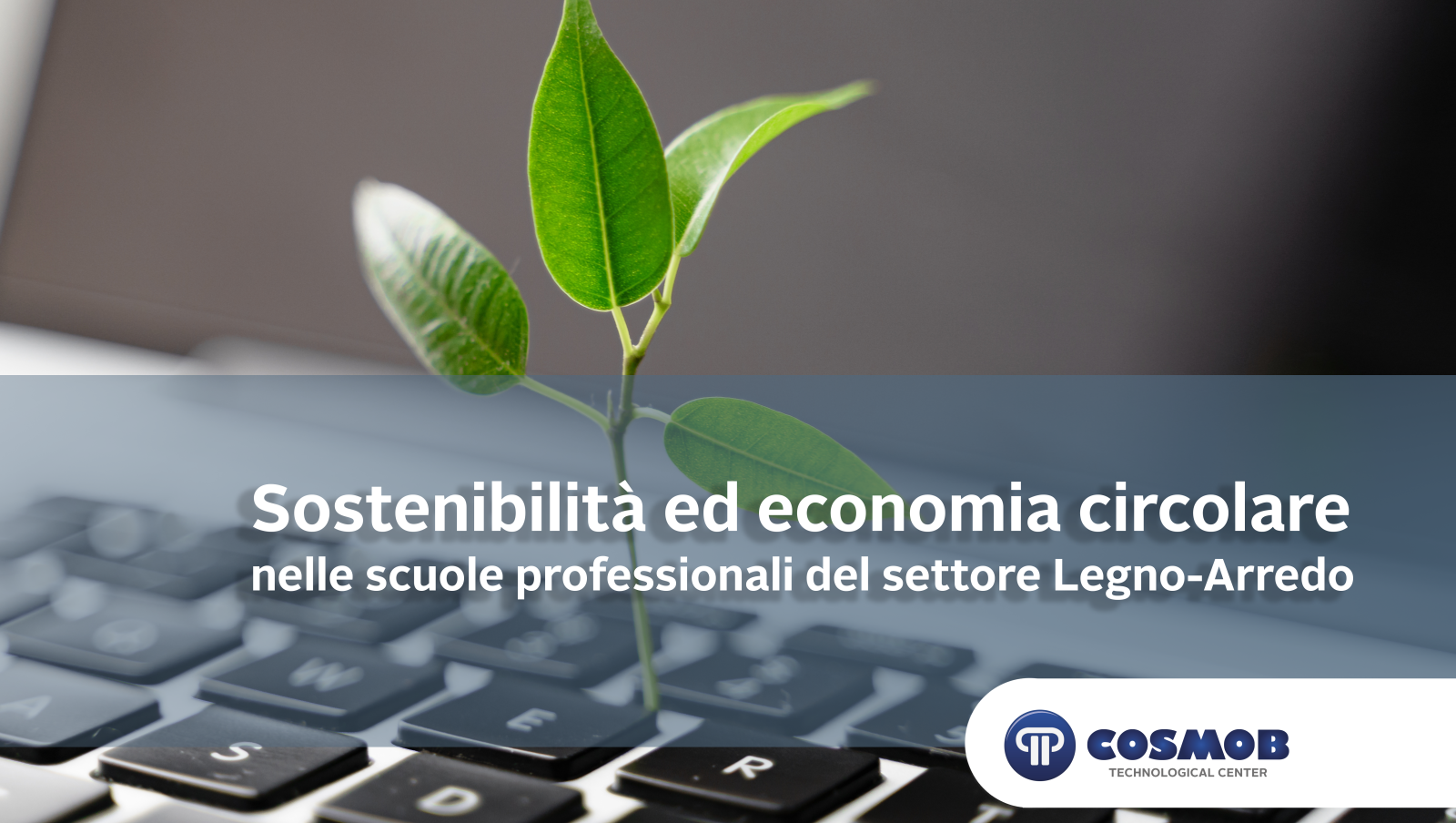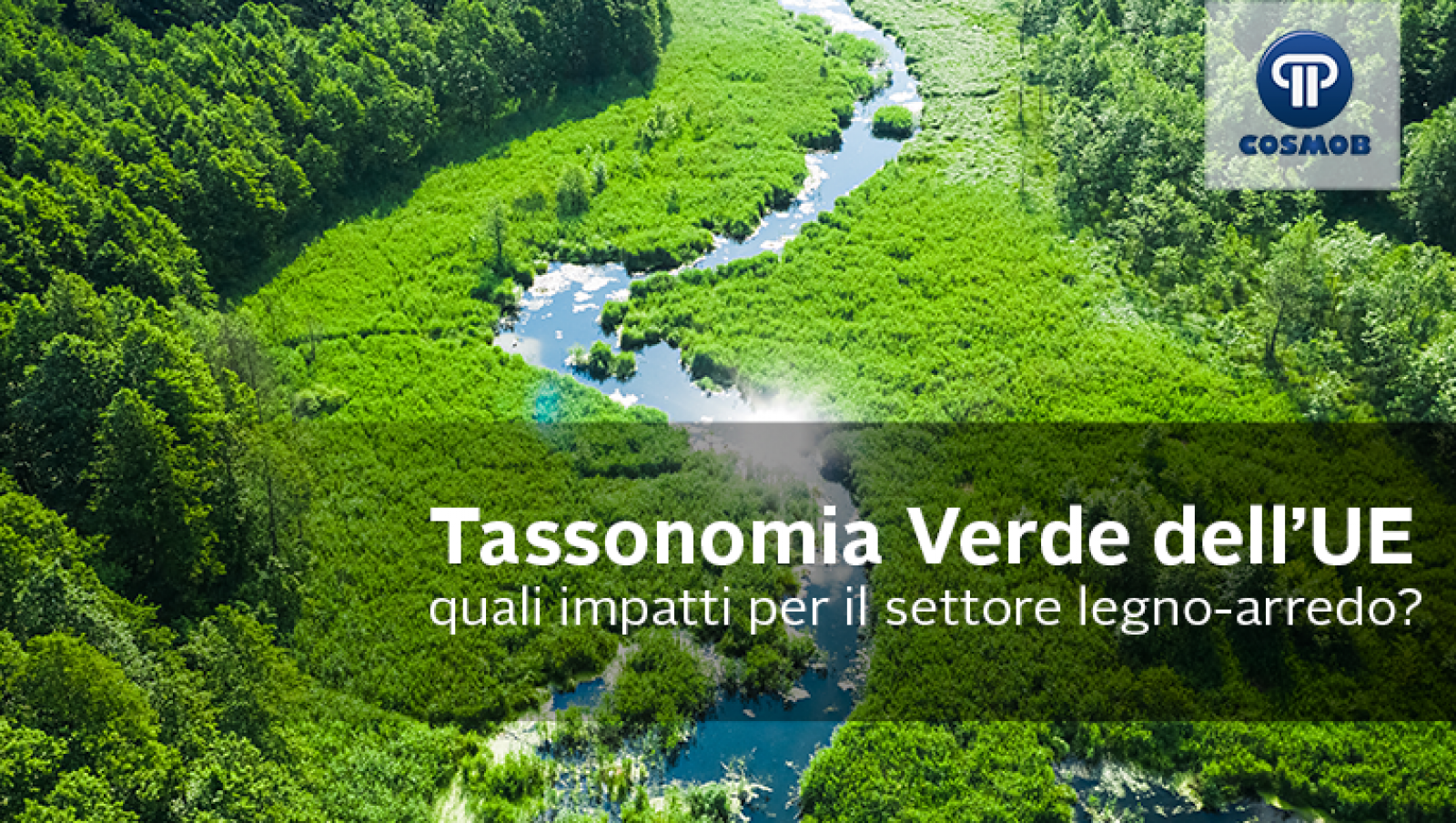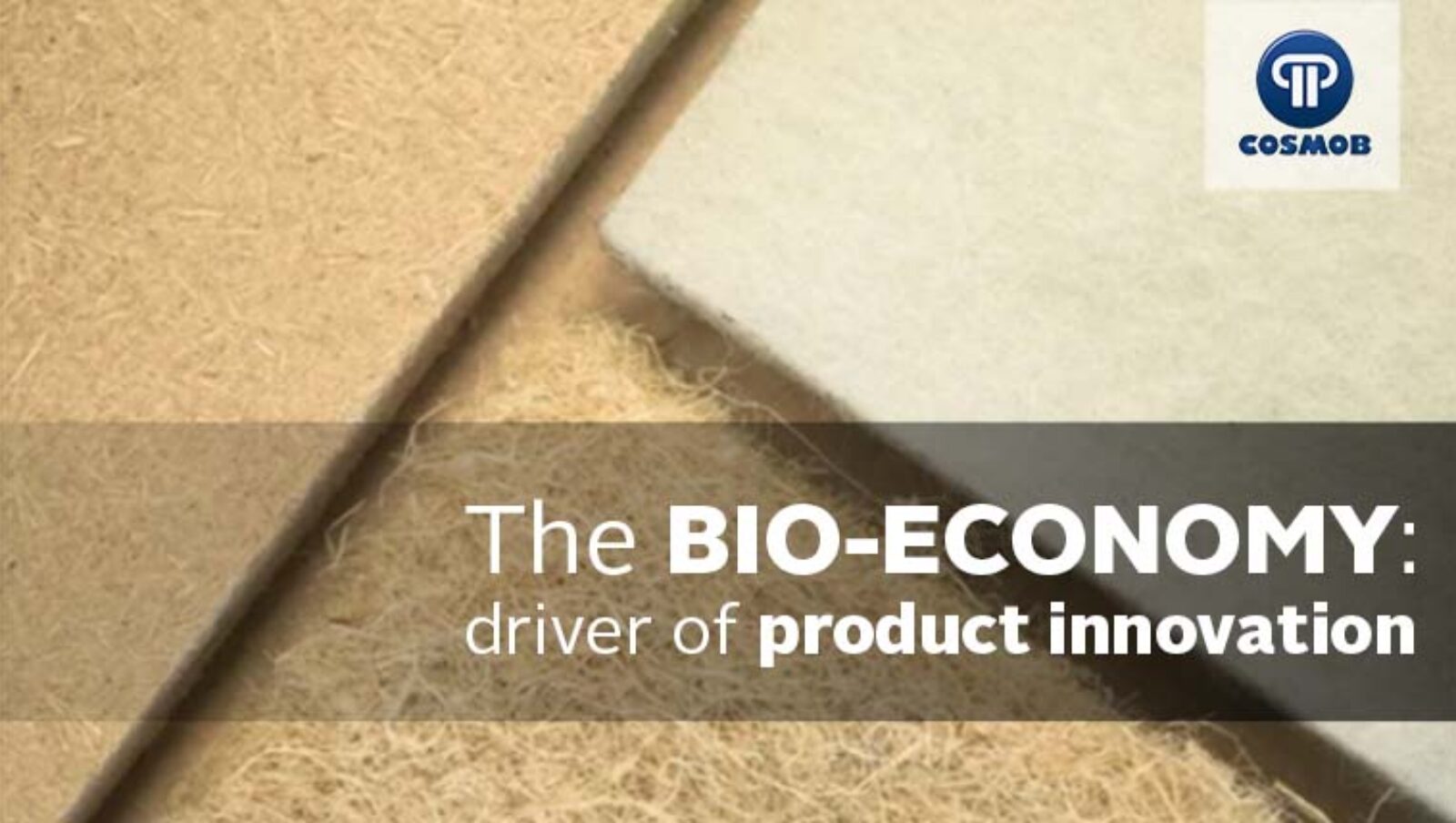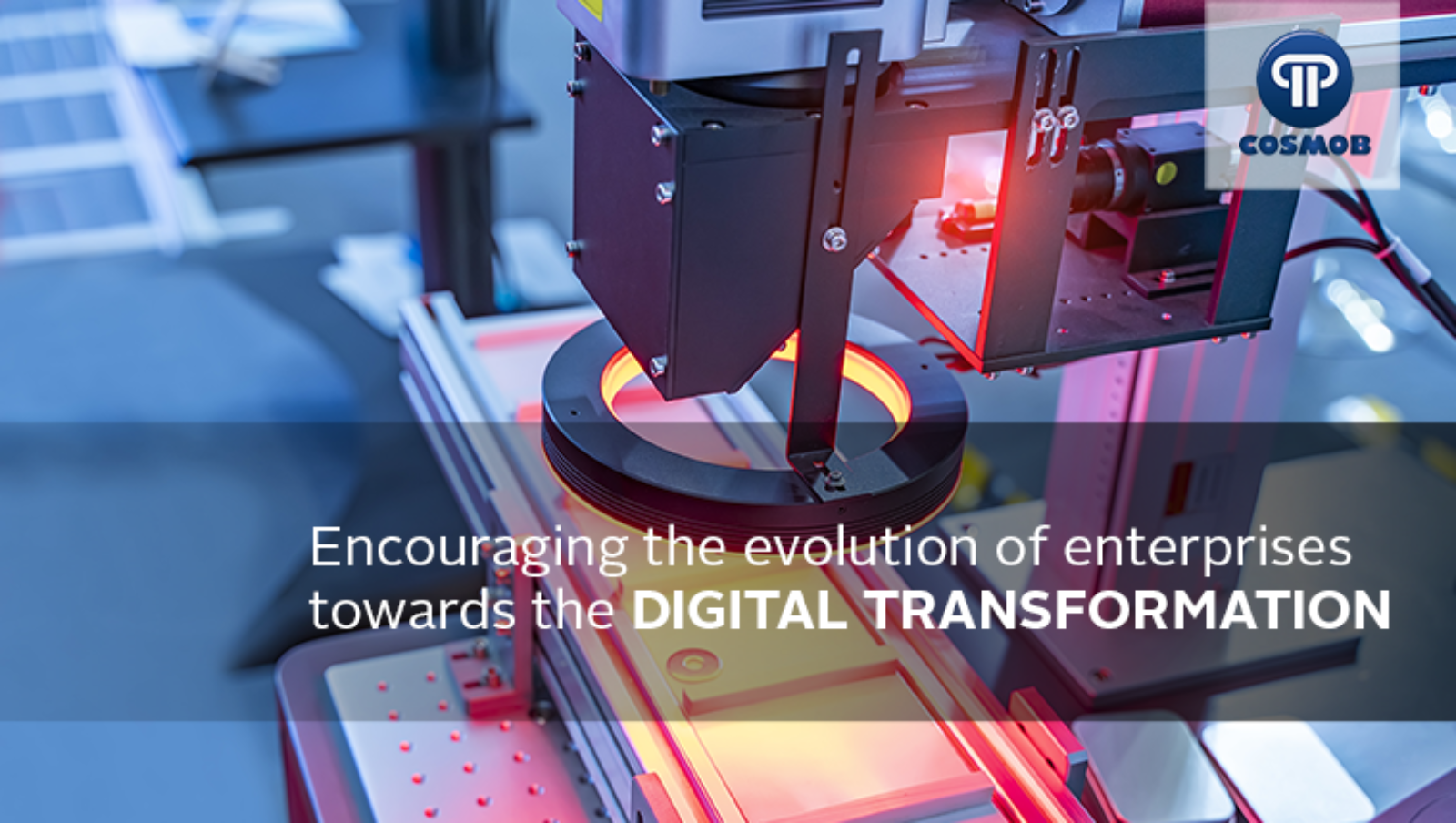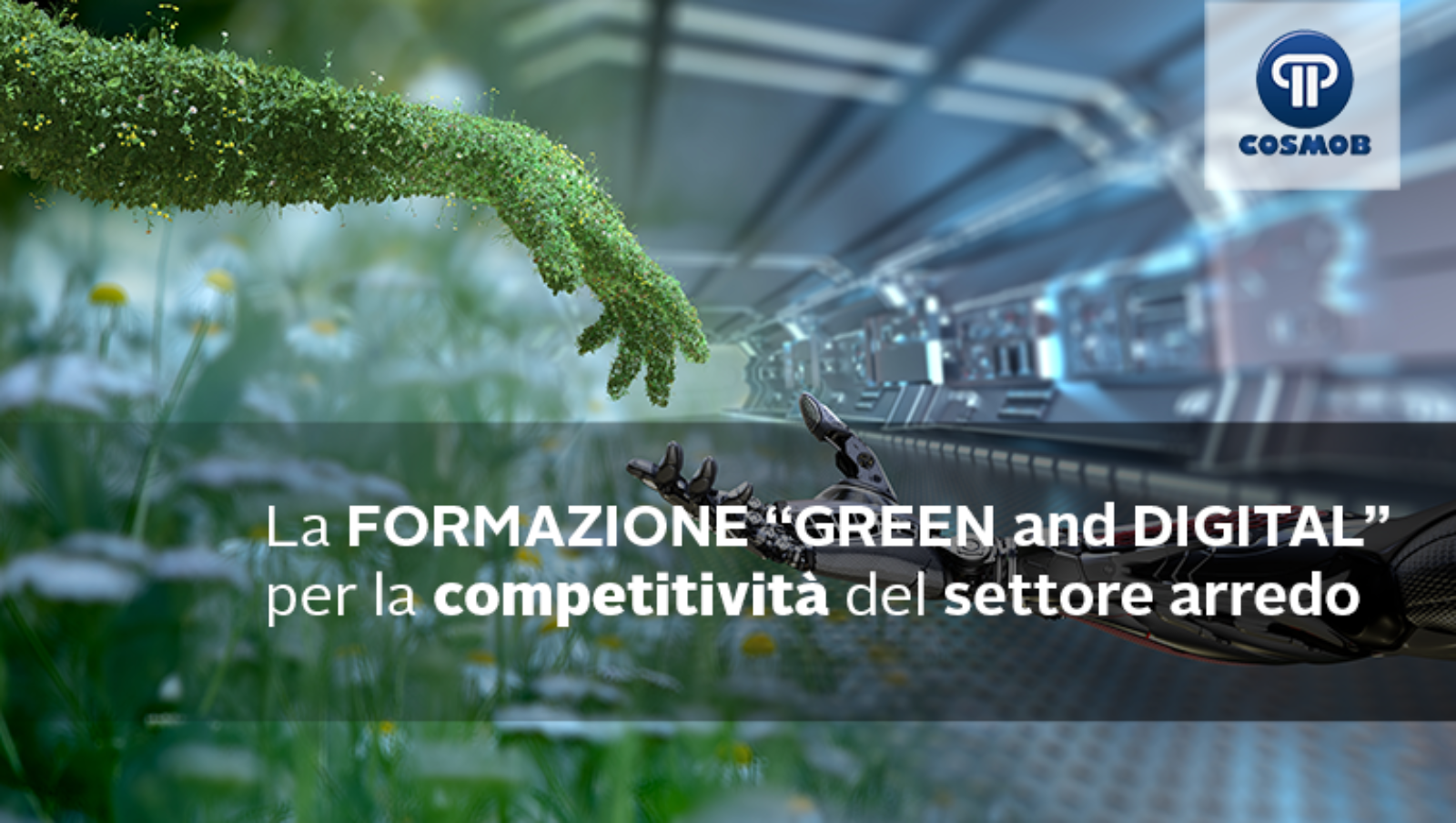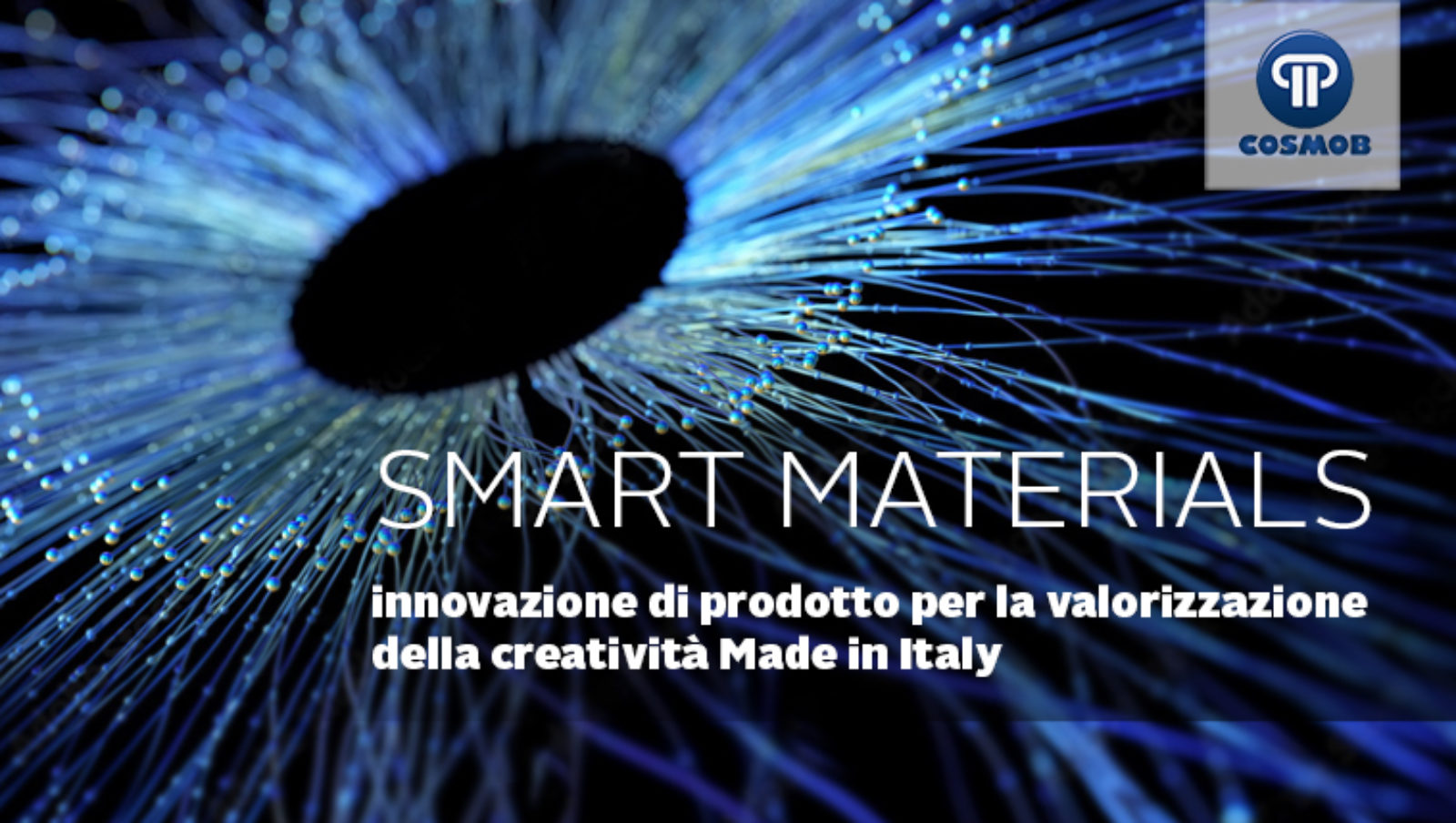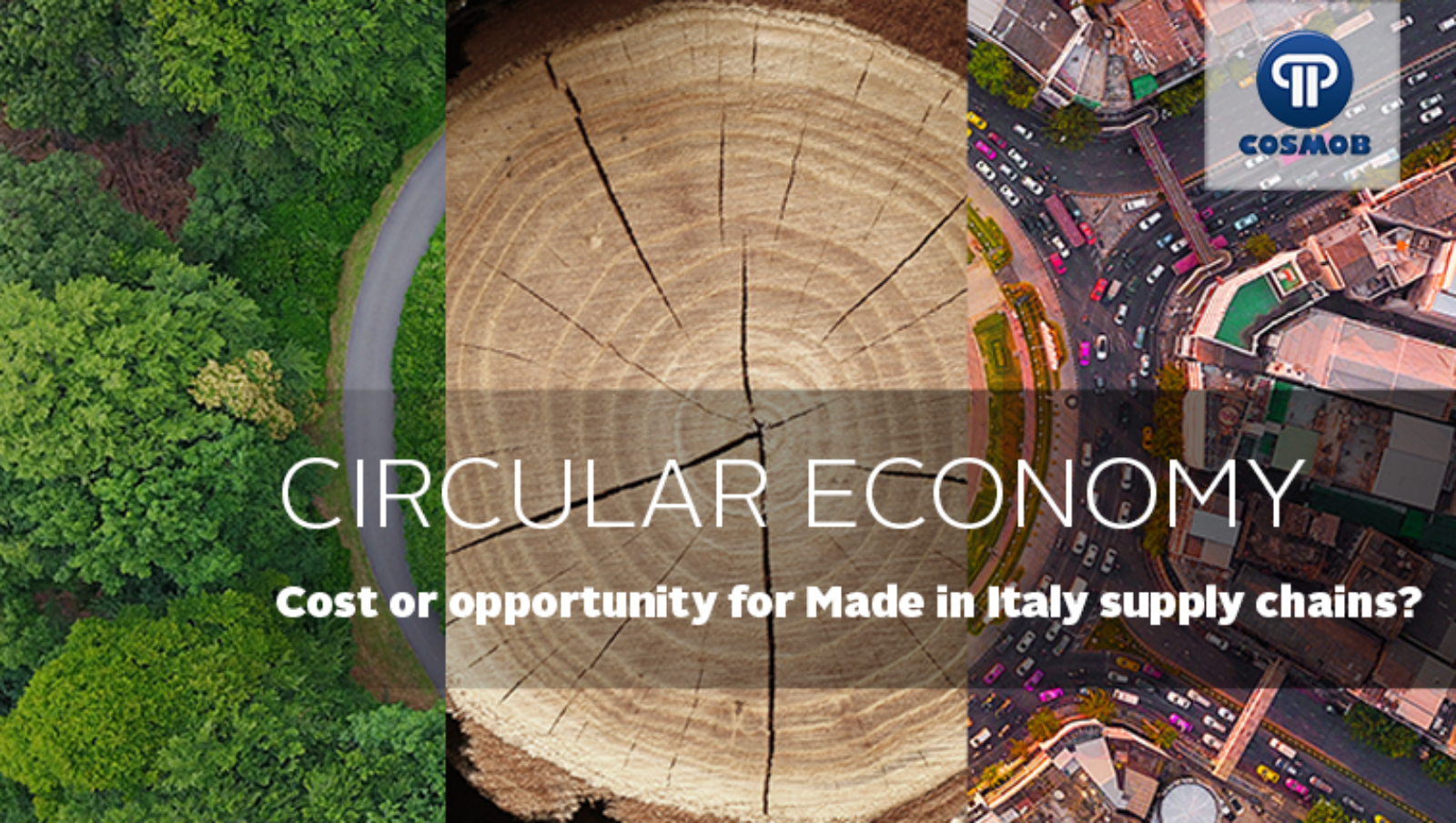Sustainability and circular economy in professional schools in the wood-furniture sector
Thursday, 08 June 2023
What are the skills required of young carpenters and woodworkers to increase their knowledge and awareness of sustainability and the circular economy? After the analysis of the current state of the wood furniture sector in Europe, and the collection of information regarding the skills, knowledge and skills related to the Sustainable Transition needed for workers
- Published in Innovation
No Comments
EU Green Taxonomy: What Impacts for the Wood-Furniture Sector?
Monday, 11 July 2022
Sustainability and the transition to a safe, climate-neutral, resource-efficient and circular economic growth model are relevant for increasing the competitiveness of European business. The concrete application of this model on a European scale needs to adopt a systemic and long-term approach geared towards eco-sustainability, as well as the definition of harmonised criteria and standards to
- Published in Innovation
The bioeconomy: driver of product innovation
Friday, 10 December 2021
Bio-based innovation is driving further paradigm changes in bioeconomy, going beyond the “traditional” transformation of biomass to exploit the biological processes and principles of natural forest resources. Product innovation and bioeconomy: the Forest-Comp project The ambitious goal of producing large-scale bio-composites, starting from renewable resources and not, is the basis of the project FOREST-COMP in
- Published in Innovation
Encouraging the evolution of enterprises towards the digital transformation
Friday, 01 October 2021
In the labour market, there is a gradual change in skills which is becoming increasingly specific and high-profile, so that they are adapted to meet the challenges of digital transformation. However, current professionals are not sufficient to meet the new requirements of Industry 4.0: as a result, it becomes essential to acquire digital skills and
- Published in Innovation
Professional training for the competitiveness of the furniture sector
Friday, 17 September 2021
The European furniture sector is facing a new phase of transition defined with the term of “Twin Transition”, in which digitalization and sustainable development play a crucial role for the competitiveness of the sector. These trends are influencing in a transversal way the whole manufacturing sector, in particular also the woodworking and furniture industry, making
- Published in Innovation
Smart materials: product innovation for the enhancement of Made in Italy creativity
Friday, 23 July 2021
The best performing companies of the future will be those able to combine intelligent materials with sustainable ones through nanotechnologies and new processes with low environmental impact. Sectors such as transport, technical fabrics, fashion and furniture are among the most demanding and constantly looking for new materials for the rapid evolution of the product in
- Published in Innovation, Uncategorized
Circular Economy: cost or opportunity for SMEs?
Friday, 09 July 2021
While there is a growing need to reduce waste and environmental emissions, there is a proliferation of initiatives inspired by the principles of the circular economy by institutions, companies, production districts and organizations increasingly committed to accelerating the processes of transition to the model of the circular economy. Circular economy for the competitiveness of
- Published in Innovation
Digitization and Industry 4.0: drivers for business competitiveness
Friday, 18 June 2021
The process of digitization is becoming increasingly “imposing”, influencing not only large companies but also small and medium-size ones. Technological progress has led to the need to develop integrated approaches to data management: to date, companies in any sector can access technologies that were not widely used in the past, developing a proactive approach to
- Published in Innovation
Ecodesign: further development for the Foresight Methodology
Monday, 15 February 2021
The COSMOB International Research and Studies Centre has been cooperating with the Foresight Methodology for over 5 years, with the aim of forecasting future scenarios, understood as favorable contexts and necessary for the diffusion of new opportunities for enterprises inside a specific territory or productive section. The metodology used is intendet to identify the most
- Published in Design, Innovation
The Circular Transition of the wood-furniture sector worldwide
Monday, 11 January 2021
The traditional and now obsolete “linear economy” model based on the process of “producing, using and decommissioning” has been replaced by a new model of economic growth, that of the “circular economy“. The circular economy is a more sustainable paradigm, involving a wide use of renewable energy sources, reuse of waste and reduction of
- Published in Innovation, Uncategorized



